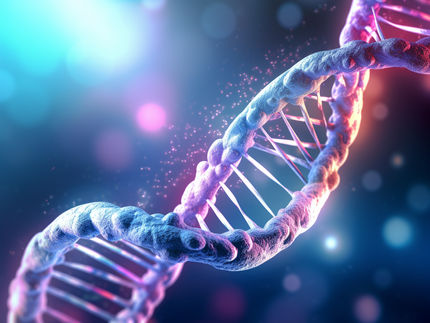Gene Logic Collaboration Reveals Genomic Predictors of Parkinson's Disease
Results Predict Likelihood and Age of Disease Onset, May Lead to Risk-Assessment Tests
Gene Logic Inc. announced that a collaborative study between its genomics Division and Mayo Clinic has found biomarkers that predict susceptibility to Parkinson's disease and age of disease onset. The study was novel in its detailed and comprehensive analysis of genes and their polymorphic variants across a specific biologic pathway. This work may also provide a model for the study of other complex diseases such as Alzheimer's.
The collaborators used sophisticated bioinformatic analysis methods to compare gene sequence variations called single nucleotide polymorphisms (SNPs) in the genomes of Parkinson's disease patients to those of their disease-free siblings. The collaborators targeted variants of genes related to the axon guidance pathway, a neural development pathway that plays an important role in the wiring of the brain during fetal development.
Gene Logic provided gene expression data analysis and data interpretation, comparing the whole-genome study data to the company's Parkinson's disease gene expression knowledgebase, referred to in the study as the most comprehensive such database to date. Jarlath ffrench-Mullen, Ph.D., Gene Logic Scientific Director, Central Nervous System, and a co-author of the study said, "The study methodology opens doors to more in-depth genetic understanding of complex diseases, demonstrating the value of our clinical and genomics assets and capabilities. Gene expression profiles are used in such studies to identify, understand and confirm the dysregulation of specific genes and gene variants in a target pathway. This study augments our intellectual property position around a growing set of useful markers for Parkinson's disease and other complex diseases, affording excellent opportunities to develop diagnostic, prognostic, or therapeutic products."
Topics
Organizations
Other news from the department research and development

Get the analytics and lab tech industry in your inbox
By submitting this form you agree that LUMITOS AG will send you the newsletter(s) selected above by email. Your data will not be passed on to third parties. Your data will be stored and processed in accordance with our data protection regulations. LUMITOS may contact you by email for the purpose of advertising or market and opinion surveys. You can revoke your consent at any time without giving reasons to LUMITOS AG, Ernst-Augustin-Str. 2, 12489 Berlin, Germany or by e-mail at revoke@lumitos.com with effect for the future. In addition, each email contains a link to unsubscribe from the corresponding newsletter.



























































